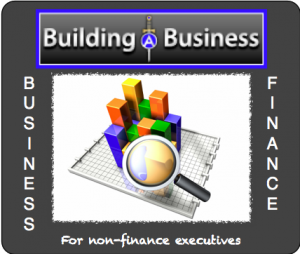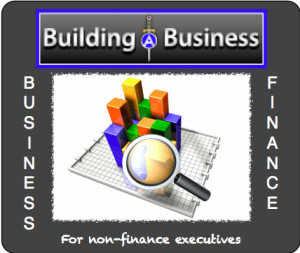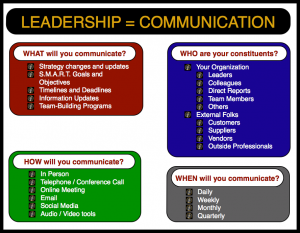Personal Productivity | Using the 2 Minute Rule? Do the Opposite!
A Weekly Personal Productivity series to help you get more done!

You may want to check out some of the posts in this Productivity series, including the the value of checklists; the importance of getting rid of the crappy stuff; the nightmare of the cluttered mind; and that feeling of being buried all the time. You can also leverage your resources and apply the lessons of the ARCI chart and the S.M.A.R.T. goals to boost the accountability of your entire organization.
____________________________________________
Why do I need the 2 Minute Rule?
Most of us follow an informal rule about doing something now if it takes just a few minutes. Most GTD aficionados are familiar with a more specific 2 Minute Rule. The short version? If you can get it done in 2 minutes, don’t add it to your task list. Do it now and be done with it.
That’s about as direct and in-your-face as GTD gets. For me, though, the real power of this rule is to make sure you do the opposite of the rule.
So, what’s the opposite of the 2 Minute Rule? Don’t do it if it takes more than 2 Minutes? Wouldn’t that be nice … but unfortunately, far more things take 2 minutes than not.







 “Financial Adrenaline” is a term we love around here because it reflects our commitment to help you turbocharge your business with practical tips and techniques to improve free cash flow, the lifeblood of business. As a further extension of our Financial Adrenaline program, we’re going to share a new
“Financial Adrenaline” is a term we love around here because it reflects our commitment to help you turbocharge your business with practical tips and techniques to improve free cash flow, the lifeblood of business. As a further extension of our Financial Adrenaline program, we’re going to share a new  I want to plant another seed this week about an often misunderstood concept:
I want to plant another seed this week about an often misunderstood concept: 


 You need Leadership Skills to ascend to the C-Suite
You need Leadership Skills to ascend to the C-Suite